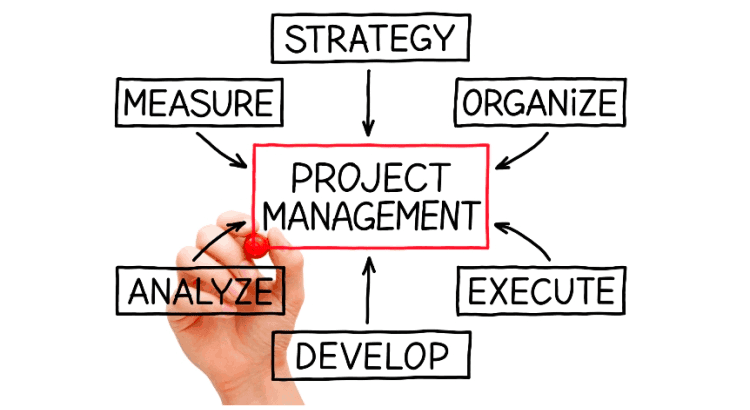In 2018 the U.S. Department of Labor’s Bureau of Labor Statistics (BLS) announced it will recognize “Project Manager” as an occupational category for the first time. This announcement speaks to the important role project management plays across the economy and industries.
The Project Management Institute® (PMI) 2017 Jobs Report states that “having the right credentials can help you get recognized and command a better salary. The Project Management Professional (PMP) ® certification is one of the top seven highest-paying certifications.” See the PMI Job Growth and Talent Gap in Project Management 2017 by clicking here.
All industries have projects and need project managers to coordinate them. Whether it is construction, software, healthcare, Government, they all need leaders to manage their teams, estimate and budget, and make sure that everything gets done. Project managers have responsibilities such as cost estimation, planning, communication and other skills that are applicable to different industries. Such skills are often transferrable, making switching jobs and fields easier for those who want to explore other opportunities. Everywhere it’s used, project management is a highly sought-after skill. Project managers work across functions to launch new products, develop new applications and technology, and implement new standards and practices that improve productivity and reduce inefficiencies. I share more insight in this video and you can always explore the new Earning Power : PMI Project Management Salary Survey 10th Edition Click Here – Prof. Dr. Te Wu, the founder Project Management training firm PMO Advisory is among the few people in the world certified in Project (PMP), Program (PgMP), Portfolio (PfMP), and Risk Management (PMI-RMP).

